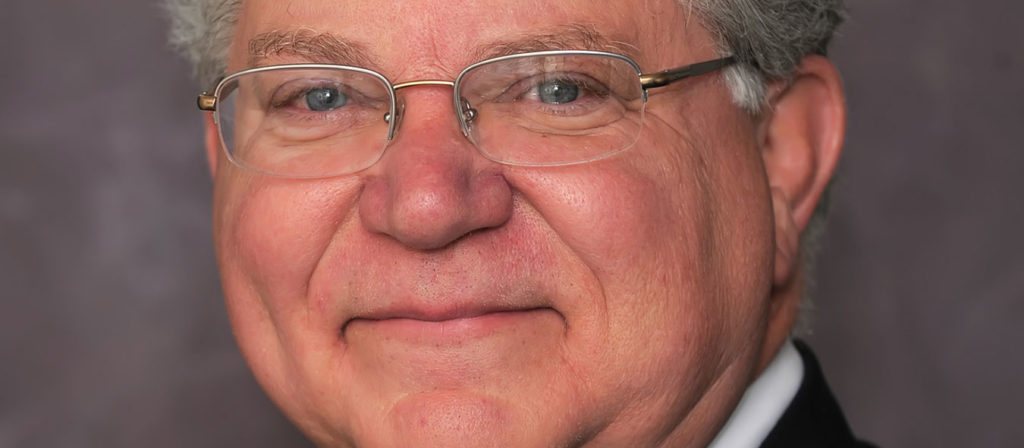Gary O. Rankin, Ph.D., a professor and vice dean for basic sciences at the Marshall University Joan C. Edwards School of Medicine, has been named the recipient of the 2019 Career Award from the American Society for Pharmacology and Experimental Therapeutics (ASPET) Division for Toxicology.
Rankin was selected for the honor based on his mentorship and leadership in the field of toxicology and his exemplary service to ASPET, as well as in recognition of his long history of scholarship in the area of nephrotoxicity.
Rankin earned his Ph.D. in medicinal chemistry from the University of Mississippi in Oxford, Mississippi, and completed a postdoctoral fellowship at the Medical College of Ohio in Toledo, Ohio, before joining Marshall University in 1978. In addition to his role of vice dean for basic sciences at the Joan C. Edwards School of Medicine, he also serves as chair of the Department of Biomedical Sciences.
Scientifically, Rankin’s career has focused on chemical-induced nephrotoxicity, specifically the ability to examine structure-activity relationships and predict cytotoxicity to various organs. He has contributed to examining succinimide structure and susceptibility to nephrotoxicity. He has also examined the role of halogens in the renal damage mediated by aniline, aminophenol and nitrobenzene compounds, which are intermediates in the production of drugs, dyes and pesticides. More recently, Rankin has focused on the pharmacogenetic changes in drug metabolism that impact opiate overdose.
Rankin has mentored nearly 75 undergraduates, graduate students and postdoctoral fellows and has more than 160 research publications in toxicology. He has been a member of ASPET since 1985 and currently serves on the editorial board of The Journal of Pharmacology and Experimental Therapeutics.
The award will be presented to Rankin during the ASPET annual meeting in Orlando, Florida, this spring, where he will also present on the nephrotoxicity induced by dimetachlone, halogenated anilines and their metabolites.
Originally from Sheanna Spence for Marshall University Communications.
